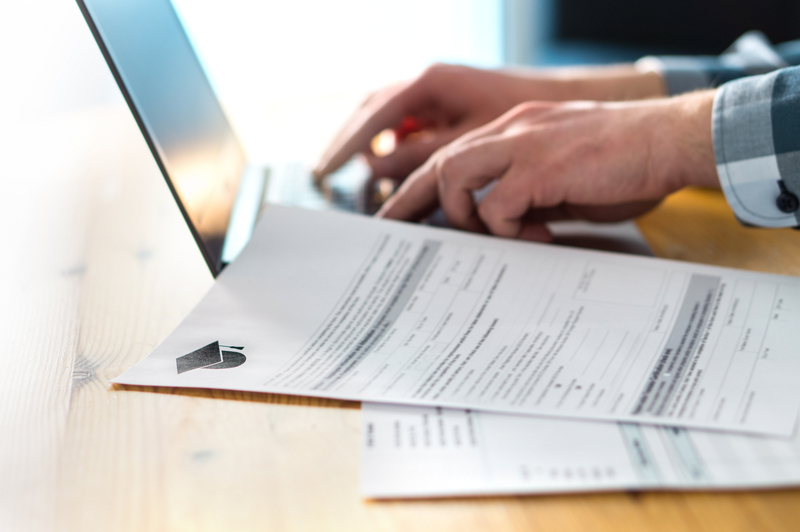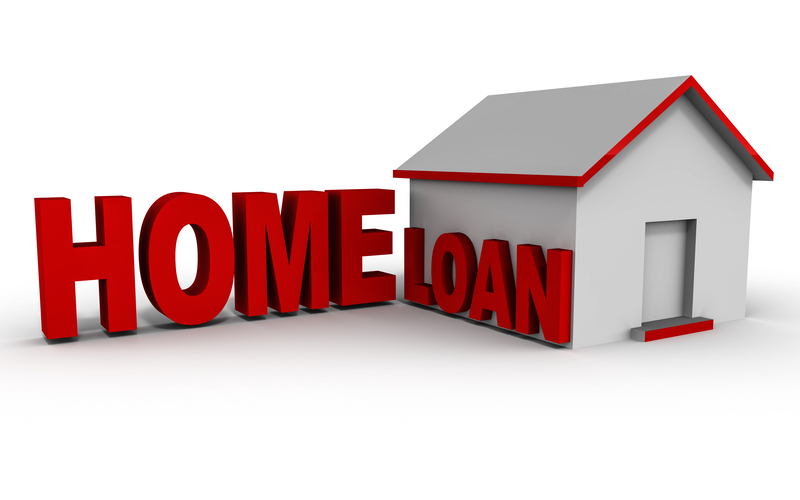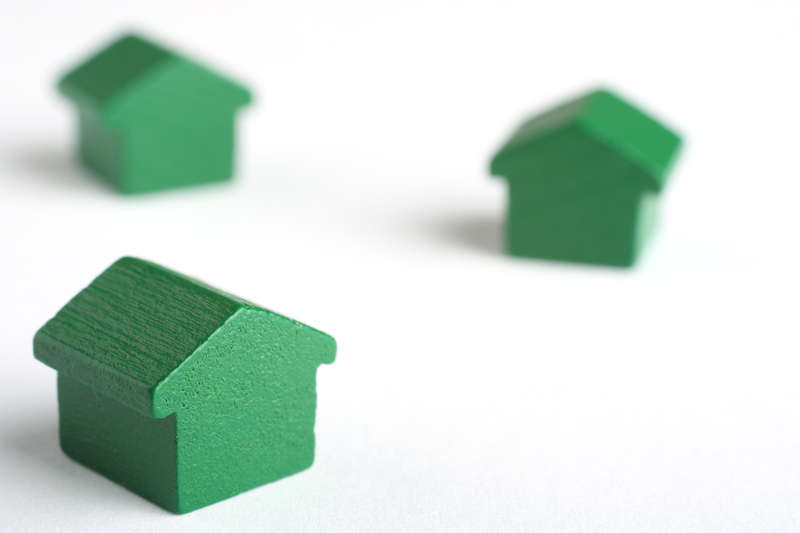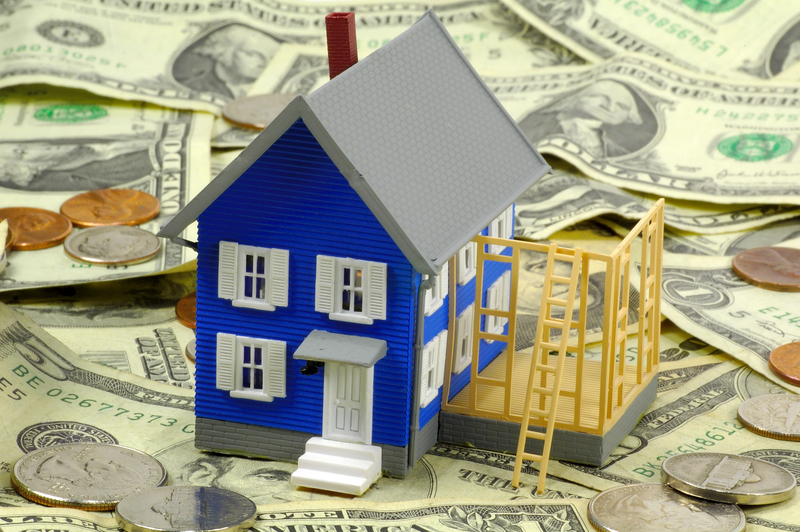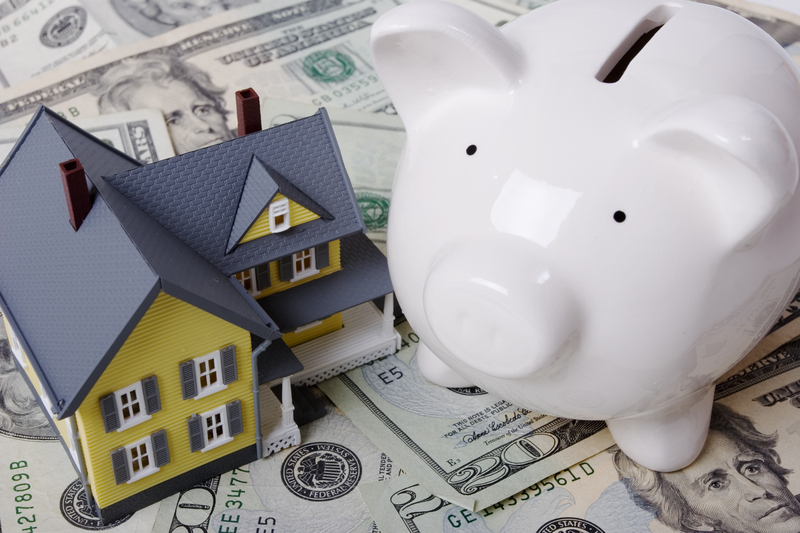How Does Cash-Out Refinances Work?
When a person does a cash out refinance, it means they borrow money while also refinancing their mortgage; both financial transactions take place at the same time. Once the mortgage is refinanced, the borrower receives a check for the difference in the new loan amount. Because money is borrowed, the new loan balance is higher than the initial mortgage balance. This is why it’s important to consider whether a cash out refinance is best for your situation.
Is It Smart to Do a Cash Out Refinance?
There are times when doing a cash out refinance makes the most sense. This is particularly true if you need to perform home improvements or want to consolidate debt and need access to cash with a reasonable interest rate. Other financial needs can make a cash out refinance the best financial tool to use as well. No two people’s financial situations are exactly the same, so it may make sense for one person to do a cash out refinance while not making sense for another person. A financial consultant familiar with cash out refinance loans is the best person to speak with to decide whether it’s the best option for you.
How Do Cash Out Refinances Differ From Regular Refinances?
A cash out refinance gives a borrower a new mortgage loan. The new loan terms replace the old ones with the new loan balance being higher than before. This type of financial vehicle is often sought by those with equity in their home as well as those who’ve enjoyed growth in their home value. One of the most valuable reasons to get a cash out refinance is because the cash you receive can be kept tax-free. Even better is that you can spend the money however you prefer. This means you can use it to consolidate debt, pay medical debts, perform home improvements, pay for your kid’s braces, or however you best see fit.
Is a Closing Cost Fee Required When Doing a Cash Out Refinance?
Cash out refinances generally come with a closing cost equallying about three to five percent of the new loan amount. These closing costs usually cover the following:
- Lender origination fee
- Appraisal fee
- All document filings
It is possible to roll the closing costs into the new mortgage, but if possible, you should avoid doing so because your interest rate will likely be higher. Plus, you want to avoid extending the term of your loan if at all possible. No matter the type of loan, the quicker you pay it off, the more money you can save.
How Does a Cash Out Refinance Affect Credit Score?
Doing a cash out refinance one or two times isn’t going to hurt your credit score too bad. There is the adverse impact of replacing an existing loan with one that has a higher loan balance, but if used wisely, you can use it to greatly reduce your overall credit utilization ratio, which is pertinent for a good credit score.




